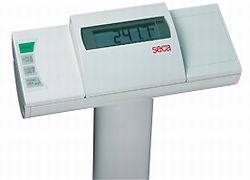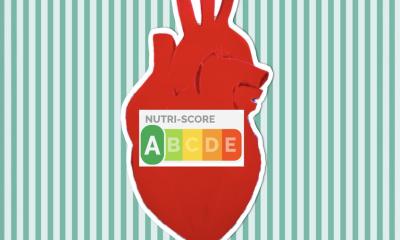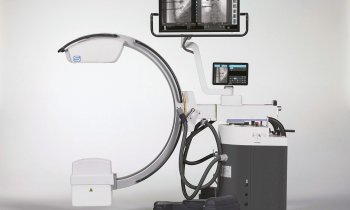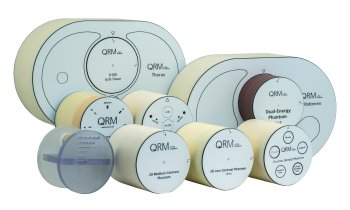Determining body weight in the elderly
Elderly people lose their physical reserves and are thus more susceptible to diseases. Very often not only one but several organs are affected. Consequently, prophylactic measures such as control of body weight to determine the patient's nutritional status become crucial.

Control of body weight can reveal, for example, whether a patient is underweight, and thus it plays a major role in fending off malnutrition. Fluid balance can also be monitored by body weight.
Cardiovascular conditions such as hyper- or hypotension, or cardiac insufficiency, can cause severe disequilibrium. However, many otherwise healthy elderly people are also insecure when walking or have problems co-ordinating movements. In such cases standard weighing scales are not suitable. Products are needed that take into account such problems and offer solutions – such as the platform scales manufactured by seca gmbh & co.
In the seca product portfolio are scales with handrails, which make it easier for insecure patients to step on and off the platform. In addition, the generous dimensions of the seca platform scales allow for assisted weighing. Usually, the nurse steps on the scales first, so that his or her weight is registered as tare to be deducted later. Then the patient steps onto the platform, assisted by the nurse. When the patient steps off, only his or her weight is displayed.
With 300 kg capacity, the seca scales can hold considerable weight.
For people who find it difficult or impossible to stand upright during weighing, the company provides chair or wheelchair scales: a chair can either be placed on the extremely flat platform, or a wheelchair or rollator can be rolled onto the platform. Side barriers ensure maximum safety, seca points out. The weight of chair, wheelchair or rollator is tared and only the patient’s precise weight is displayed.
31.08.2007











